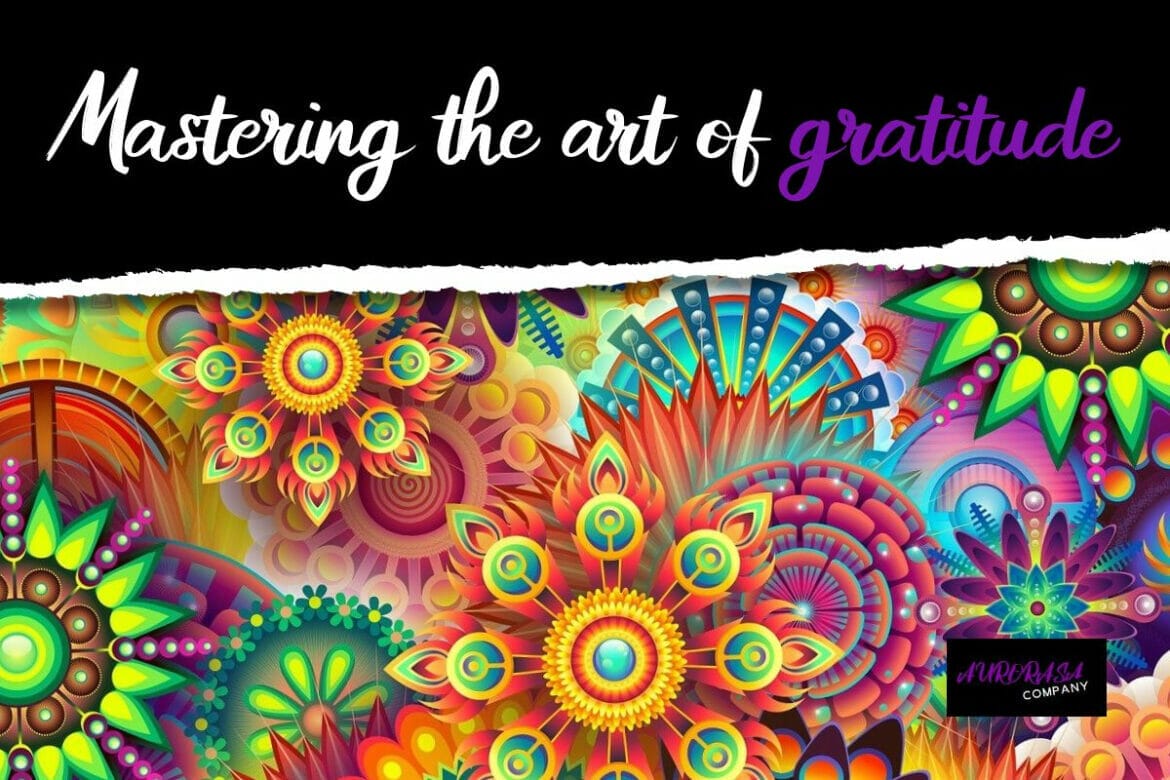
How should a brilliant leader be? Strong, assertive, a visionary, self-confident? Yes, maybe, but there’s more. An important skill we often overlook is gratitude.
Gratitude a leadership skill?
“Be grateful for what you have!” Wow, that sounds like a mix of Zen and advice from your grandmother. However, gratitude never goes out of style. Gratitude has healing power, and it works. Managers can increase the productivity and happiness of their teams by a great margin by showing their thankfulness.
The word “gratitude” stems from the Medieval Latin word for “thankfulness.” Leading researchers Cheryl Crumpler and Robert Emmons describe it as “an emotional response to a gift. It is the appreciation felt after one has been the beneficiary of an altruistic act.”
If you think about it, gratitude is connected to humility.
Thomas Mann summed it up perfectly; however, it might lose in translation: “Think and thank are related words. We thank life by bethinking it.”
A manager who expresses their gratitude shows that they bethought someone. How could you appreciate someone more?
Bethinking someone is a conscious act. You can actively control it. Thinking leads to emotions. We call gratitude the “brain of the heart.”
As a thinking/thanking leader, you're in it with your entire heart.
In leadership, that means: Don’t take the work of your team for granted. However, it also means not to allow others to take you for granted.
Especially for the middle-management, it can be a challenging task: showing gratitude and spreading gratitude.
There are three levels of gratitude:

Benefits of gratitude
- Enhances your life satisfaction and happiness
- Speed up recovery from illness
- Improve your sleep quality
- Reduce self-harming emotions such as anger, envy, or greed
- Increase your motivation
- Accelerate your speed to goal achievement
- Make you more optimistic and increase your joy of life
- Help you be more disciplined
- Increase your feeling of self-worth
- Aids in the prevention and treatment of anxiety and depression
- Helps you worry less
Why Leaders should express gratitude
Research shows: Even small gestures of appreciation can have measurable effects on the motivation and well-being of staff and lead to increased productivity.
Studies confirmed: Even insignificant gestures make an enormous impact. For instance, fundraisers of a US university increased their call rate by 50% after their manager personally expressed their gratitude for their work.
Reasons to cultivate Gratitude
Like any other skill, gratitude takes practice. Try thinking of five things you're grateful for every day. Express your gratitude to at least one person daily.
And then when you're ready: The supreme discipline is paying it forward.
I am grateful for all the neuroscientists and researchers that allowed me to learn about the power of gratitude. I am grateful to my friends and mentors. And I am grateful to you for reading all the way to the end.
Sources:
Gratitude as a Human Strength: Appraising the Evidence Robert A. Emmons and Cheryl A. CrumplerJournal of Social and Clinical Psychology 2000 19, 1, 56-69
The effects of gratitude expression on neural activity by Prathik Kini, Joel Wong, Sydney McInnis, Nicole Gabana, Joshua W. Brown ⁎ Indiana University, Bloomington, United States https://www.sciencedirect.com/science/article/abs/pii/S1053811915011532
